Have you noticed that at the end of the day your head feels like it's in a fog, even if you don't feel like you've done "much"? There may be something in the background that you don't even think about: noise. Open offices and workspaces are practically a risk for brain infection! Chatter, knocking and passing conversations prevent you from concentrating and exhaust your brain, constantly taking away your focus.
Why does sound have such a strong impact?
A Dutch study on the effect of open-plan offices: 55 people listened to speech at different levels of intelligibility, and even 0.7 STI (a lot of speech was understood) impaired memory performance by ~7% compared to quiet conditions . In other words, all background noise hinders performance, even if you are not actively listening to it yourself.
SUMMARY: Sound is not just a “noise” but it consumes resources all the time, at least for information processing.
Research into the effectiveness of earplugs
ANSI & NIOSH recommend limiting exposure to 85 dB for an 8-hour day. In many open-plan offices, speech levels approach 90 dB, which means that in about two hours the mid-work noise limit has been reached . Earplugs, by reducing about 15–20 dB, can bring a clear oxygen enrichment to the day, which improves performance.
Tyyni's experience base
My own behavior model: Take earplugs to the workplace, don't go to joint meetings without them. The change will be clear, more things will be done and fewer evening headaches. The efficiency of the workday will increase and Fridays will no longer start with exhaustion.
In summary
In the end, “earplugs for peace at work” is not an exaggeration, but they can increase productivity, reduce fatigue, and protect efficiency in the long term. If your mind wanders elsewhere and the noise of the office distracts you, try it, you might be pleasantly surprised!



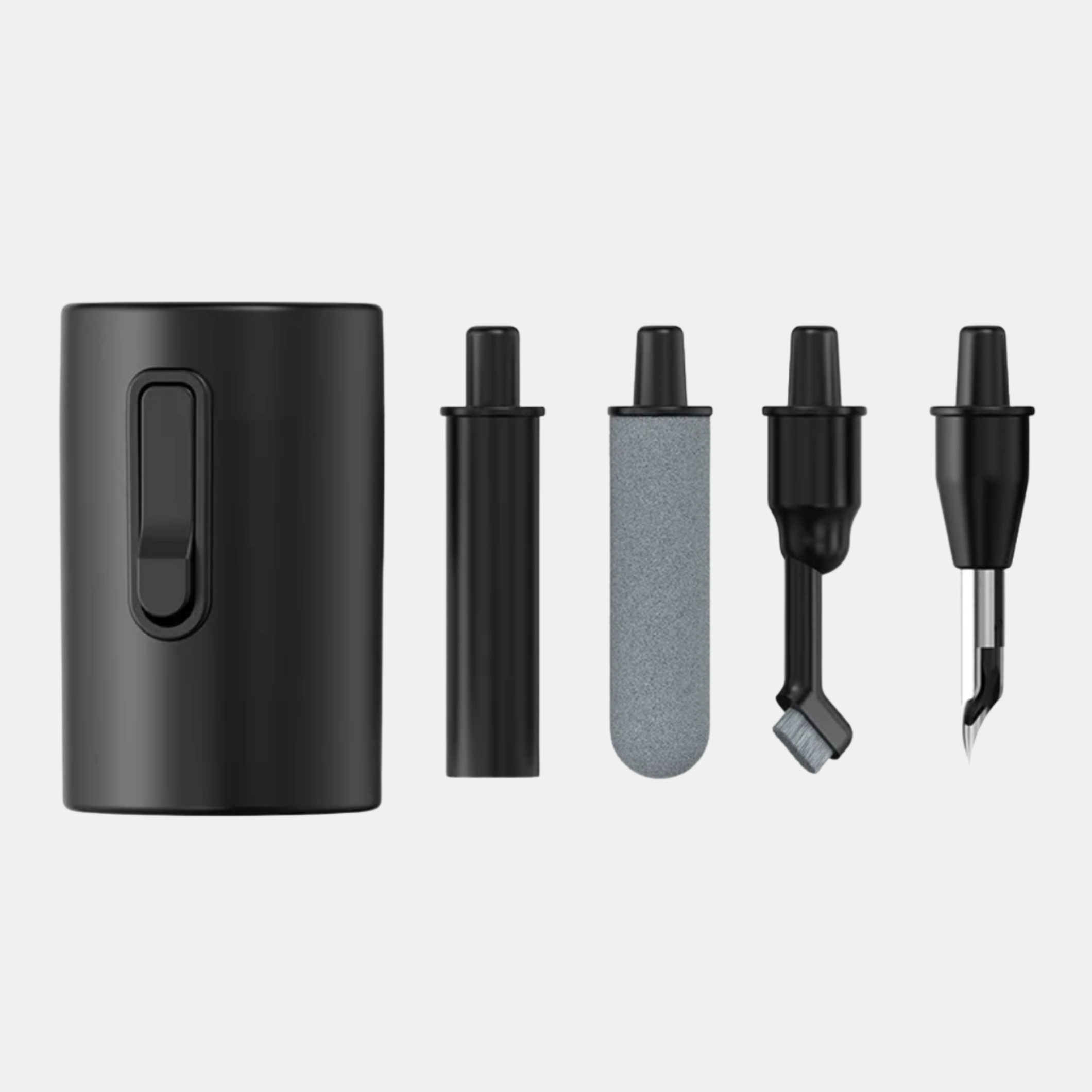
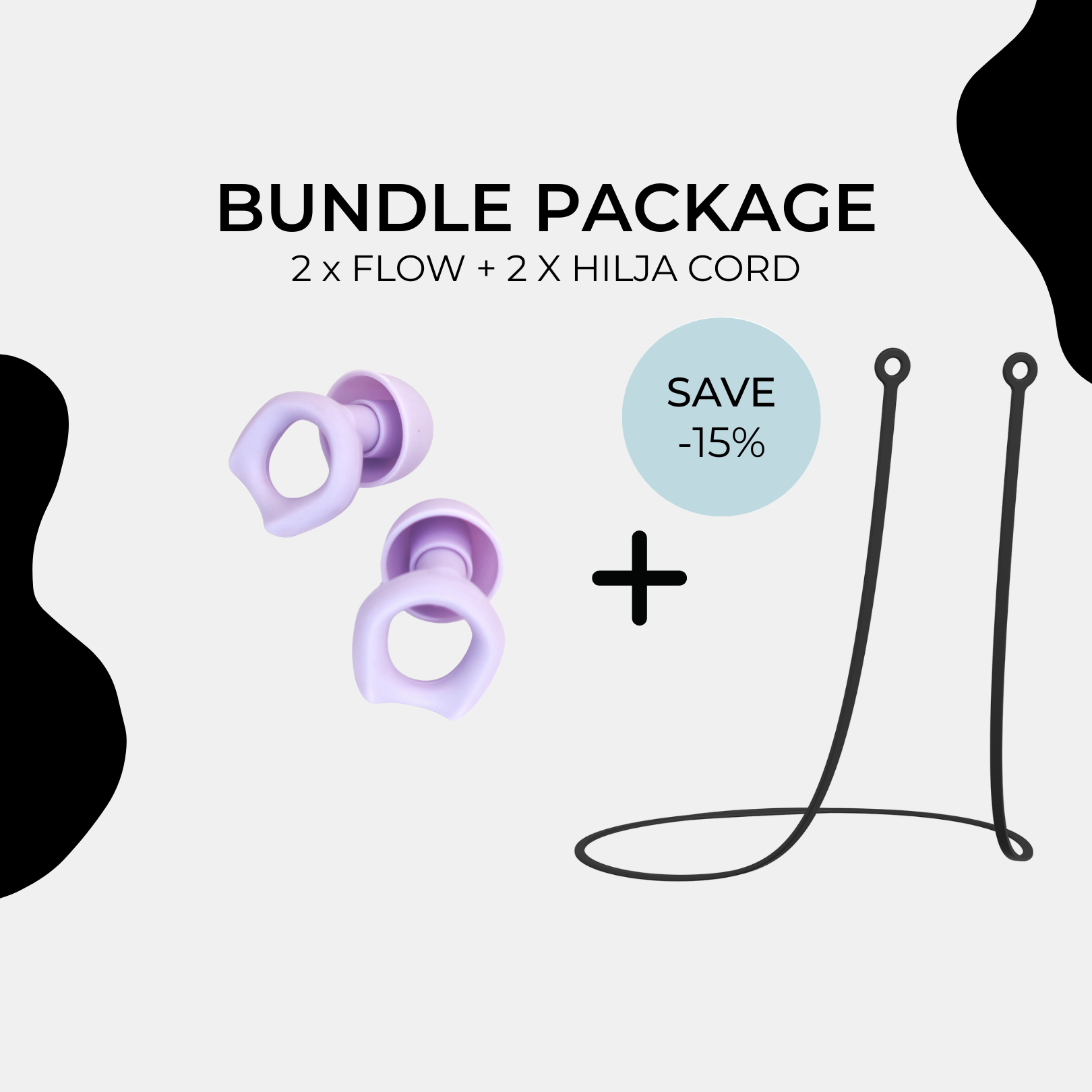
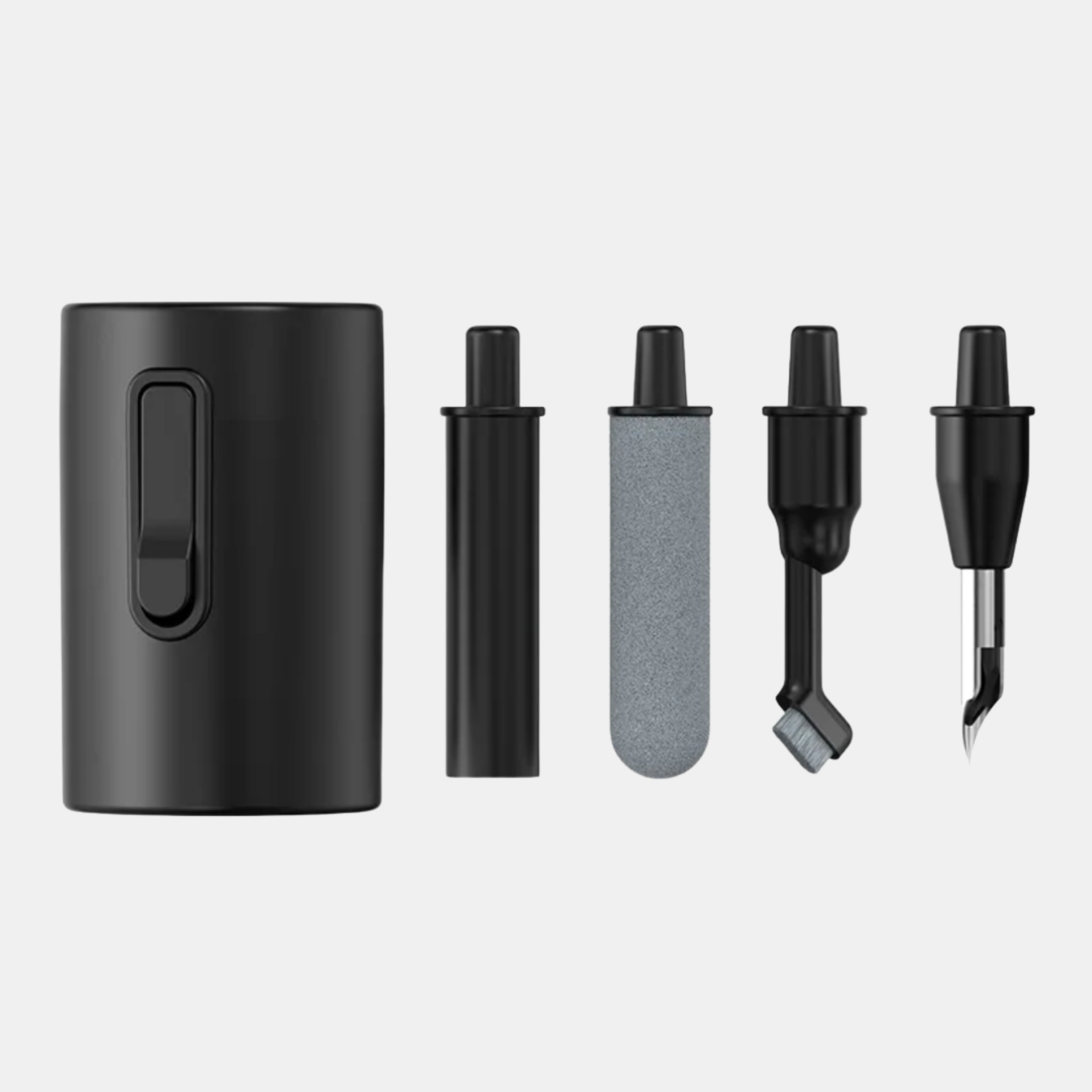
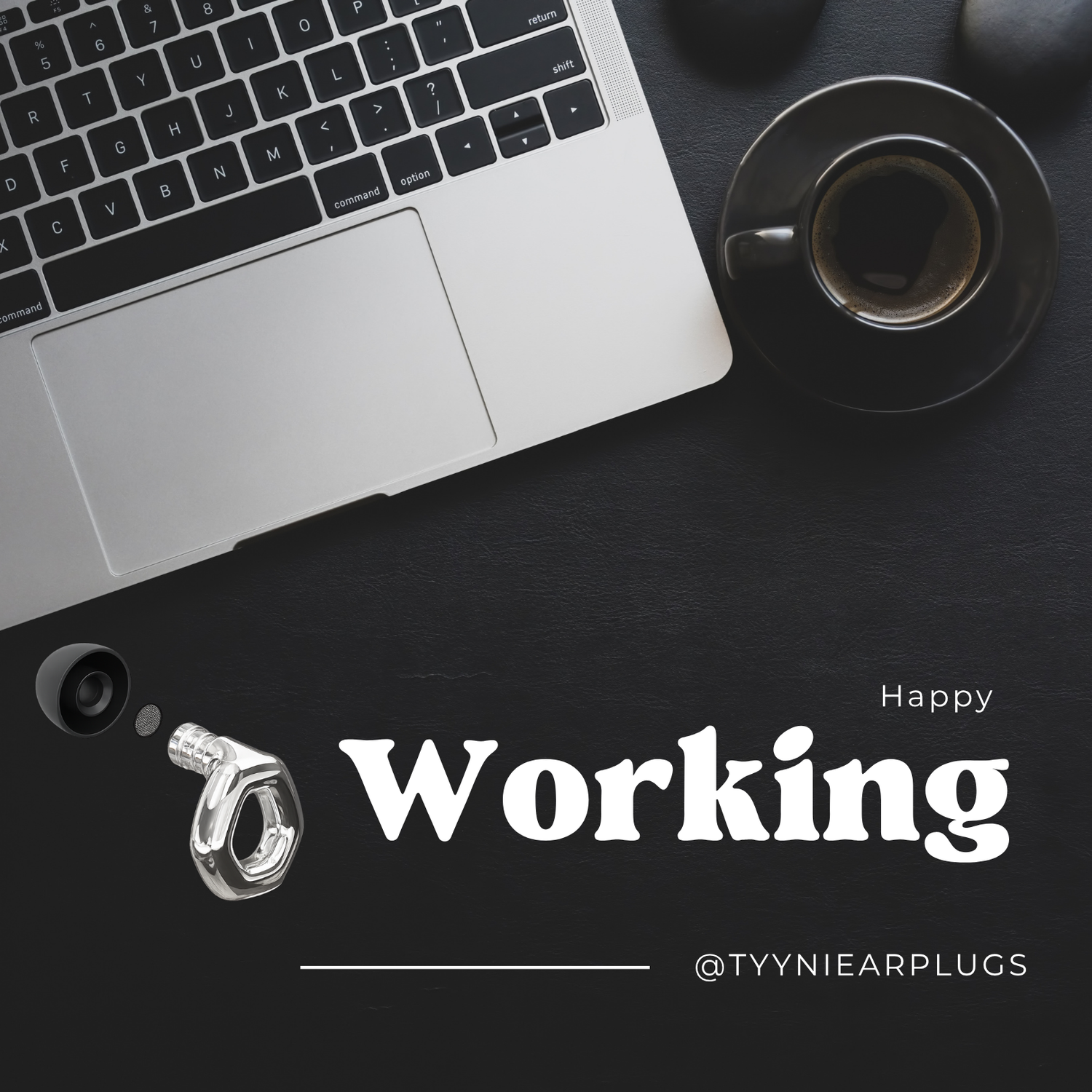
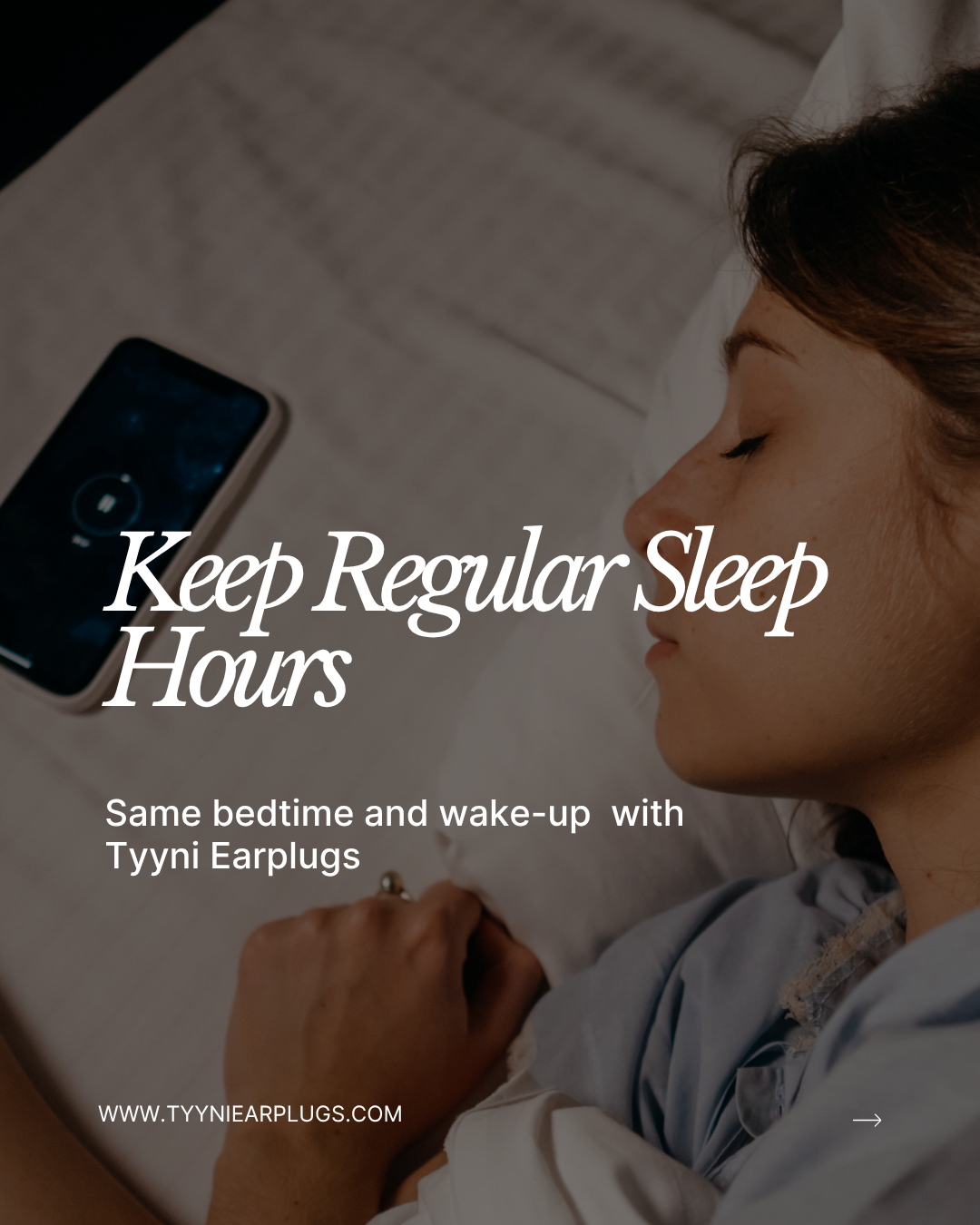
Leave a comment
This site is protected by hCaptcha and the hCaptcha Privacy Policy and Terms of Service apply.